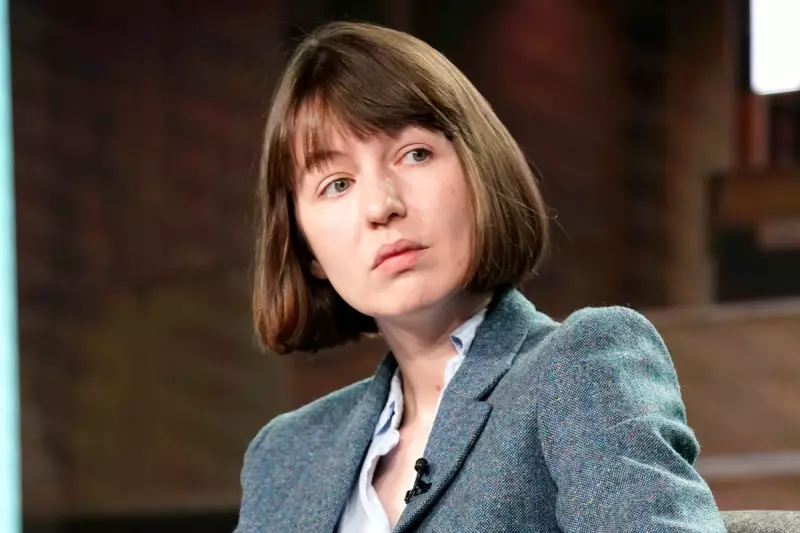
Acclaimed Irish novelist Sally Rooney, celebrated for her piercing social commentaries in works like Normal People and Conversations with Friends, finds herself at the centre of a fierce international storm. Her public support for the Palestinian-led Boycott, Divestment, Sanctions (BDS) movement against Israel has ignited a firestorm of debate, polarising readers and critics alike.
The controversy erupted following the author's public statements and a letter she co-signed, which condemned Israeli military actions in Gaza as a 'grave injustice'. Rooney's alignment with the cultural boycott has led to her being simultaneously vilified as antisemitic and hailed as a courageous advocate for human rights.
The Literary World's Divided Response
The reaction from the literary community has been profoundly split. Prominent voices have accused Rooney of simplifying a deeply complex geopolitical conflict and leveraging her fame to promote a one-sided narrative. Critics argue that cultural boycotts stifle dialogue and unfairly target Israeli artists and intellectuals who may themselves be critical of their government's policies.
Conversely, a significant faction has rushed to her defence. They champion her right to take a moral and political stand, framing the BDS movement as a legitimate, non-violent form of protest against occupation. For her supporters, Rooney's position is a brave use of her platform to spotlight a humanitarian crisis they believe the world has ignored.
Beyond the Page: The Author as Activist
This is not Rooney's first foray into political activism. Her work has consistently explored themes of class, Marxism, and personal politics, and her public actions appear to be a direct extension of the ideologies permeating her fiction. This move solidifies her transition from a observer of modern life to an active participant in its most contentious debates.
The fallout has been tangible. While some publishers and literary festivals may now hesitate to associate with her, her stance has also galvanised a new audience who admire her principled, if controversial, stand. Sales of her books have reportedly seen spikes in regions sympathetic to the Palestinian cause.
A Microcosm of a Wider Cultural Battle
The heated discourse surrounding Sally Rooney reflects a much larger, ongoing battle within cultural and academic spheres over the boundaries of political speech, the responsibility of artists, and the contentious issue of where legitimate criticism of Israel ends and antisemitism begins. Her case exemplifies the immense pressure on public figures to navigate these divisive issues, where any statement is certain to alienate a portion of their audience.
As the conflict in Gaza continues with devastating humanitarian consequences, the debate over Rooney's stance ensures that her voice will remain firmly in the public eye, ensuring her influence extends far beyond the printed page.





